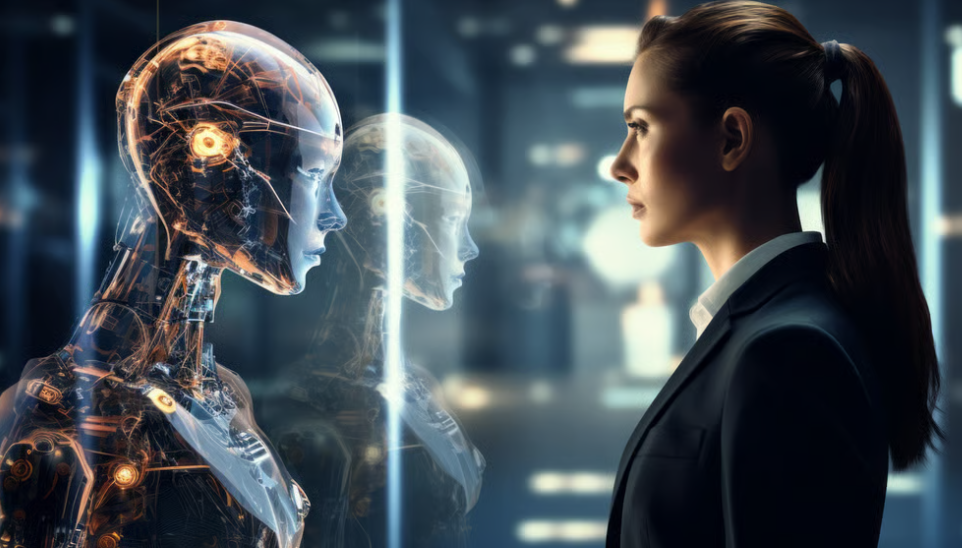WEBDESK (MediaBites / FOX Business) — A new U.S. Senate report has sent shockwaves across Washington, warning that artificial intelligence could replace nearly 100 million American jobs within the next decade. The revelation has reignited calls from Democrats to impose a “robot tax” on corporations that substitute human labor with machines or algorithms.
The 60-page analysis, driven by Sen. Bernie Sanders (I-Vt.) and compiled by Democratic staffers on the Senate Health, Education, Labor and Pensions (HELP) Committee, examined 20 major workforce sectors — and found that 15 industries could lose more than half their positions to AI or robotics.
According to the report, fast food and counter workers face the highest risk, with an 89% job loss rate, translating to nearly 3 million positions wiped out. Other sectors under severe threat include customer service, freight movers, executive assistants, and office support roles, all with automation exposure above 80%.
“We are standing at an economic crossroads,” Sanders said, urging lawmakers to act before technology “dehumanizes” the economy.
The proposed robot tax would require companies to pay a levy for every human job replaced by AI or automation, helping recover lost payroll taxes and fund retraining programs for displaced workers.
Technology leaders, including Bill Gates, have echoed similar sentiments, arguing that corporations profiting from automation should “pay their fair share” to stabilize economic balance.
The Senate report also advocates a 32-hour workweek, a $17 federal minimum wage, stronger overtime protections, and employee ownership stakes in industries shifting to automation.
While AI promises efficiency and innovation, the report warns that its impact on the workforce “is not predetermined” — and will depend on the policies chosen today.
Sanders, in a recent op-ed, cautioned that unchecked automation could strip away human dignity.
“We need a world where people live healthier, happier, more fulfilling lives — not one where machines make all the money,” he wrote.
As robots continue to make pizzas in German labs and algorithms trade on Wall Street, one question looms large:
Will America’s digital revolution empower its workers — or replace them?


